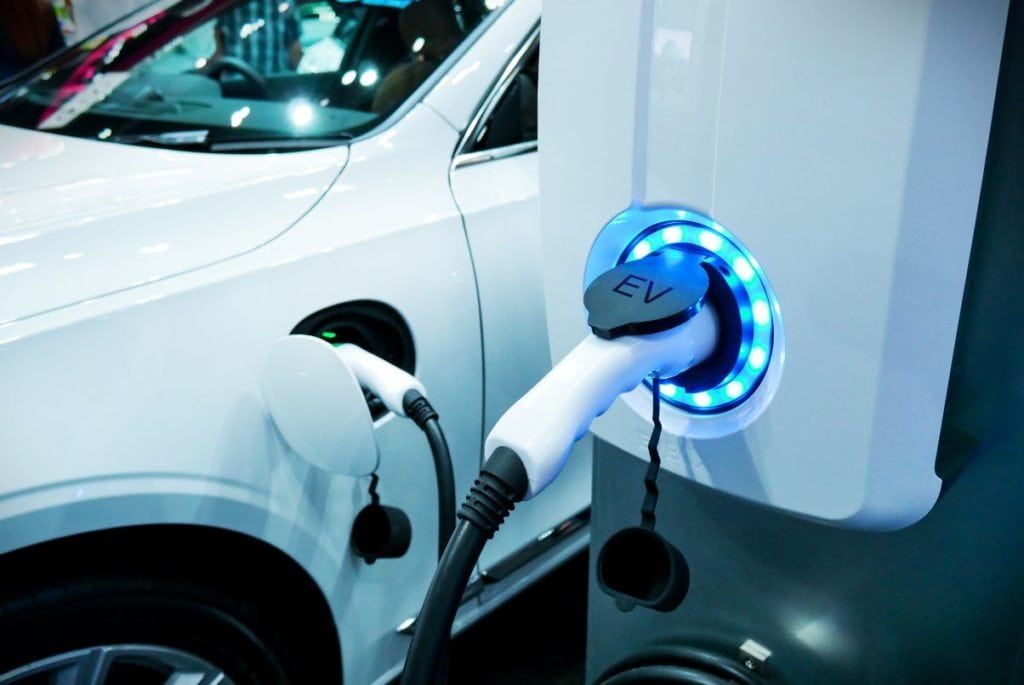
Small hotel and guest house owners in Cumbria can apply to have electric vehicle charging points installed, thanks to Cumbria Tourism and Electricity North West.
The power network operator is launching a scheme to support and fund power network upgrade work for up to 100 sites, targeted at those business with off-road parking suitable for electric vehicle charger installation.
Electricity North West will also provide businesses meeting the criteria with up to three 7kW charging units per site – up to a maximum of 30 chargers – as well as providing expert advice and support on how to use and maintain them.
Accommodation owners typically charge for the cost of the electricity used by their visitors in a room rate or EV parking bay charge. This avoids the costs associated with more complex pay as you go rapid charging systems, which can cost businesses tens of thousands of pounds.
Steve Cox, director of operations at Electricity North West, said: “To meet the region’s environmental targets we will need to support over a million electric cars and vans on North West roads by the end of the decade. This means we all need to think how we will make EVs viable and affordable to use.
“As the power network operator for Cumbria, it’s our job to make sure that everyone living and working in the county can continue to depend on the network, just as they do now, even with all the changes. We also want to ensure that the millions of tourists that visit Cumbria each year have the confidence that they’ll be able to recharge their EV.”
Cumbria Tourism’s sustainable travel lead, Gemma Procter, added: “It’s really important that we enable businesses to do their bit to help visitors looking to reduce their carbon footprint and protect our world-class landscape. The aim of this scheme is to show small tourism operators – including those in more rural locations – that there are affordable ways for them to install EV charge points and support customers who want to arrive in electric vehicles.
“These 7kw chargers are ideal for recharging most electric vehicles over a typical overnight stay, as well as providing a useful top-up charge for people parking for a shorter period.”








